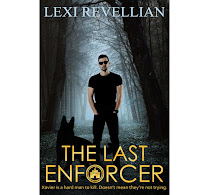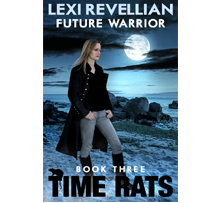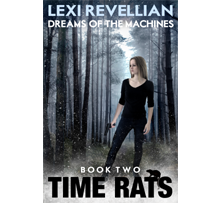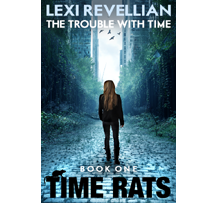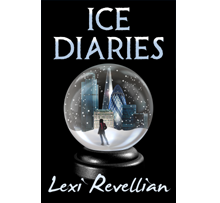 I had a brilliant idea while mulling over how to get more depth and layers into Rising Fire. I would draw a map! Several maps of the main cities, maybe one showing the three kingdoms! And not just boring old modern maps, I would make them look like something from the 11th century, with quaint thumbnails of dragons and palaces and swineherds. And I would write in medieval-style script.
I had a brilliant idea while mulling over how to get more depth and layers into Rising Fire. I would draw a map! Several maps of the main cities, maybe one showing the three kingdoms! And not just boring old modern maps, I would make them look like something from the 11th century, with quaint thumbnails of dragons and palaces and swineherds. And I would write in medieval-style script.I could post it on my website.
So I went on the internet and looked up medieval maps, illustrated manuscripts, and calligraphy.
Luckily I had some goose and swan quill feathers to make a pen. (Since you ask, they are used for laying down ground enamels before firing). I trimmed one with a scalpel, tracked down a bottle of ink that had been minding its own business quietly in a drawer for fifteen years, and got started. Several hours later I stopped.
Now I'm not saying I couldn't make a beautiful map if I tried. I'm pretty sure I could. I just can't spare the weeks it would take to get it right; learning along the way calligraphy and the application of gold leaf. I'll do it if I ever get rich enough to take time off.
But it got me thinking about the production of books. Scribes, writing with a coal fire below their desks to dry the ink as they worked; using feathers from the left wing of the bird, as they curved conveniently for a right-hander; devastated by any mistake, which could not be corrected, but only marked in red to indicate an error.
Then the invention of the printing press; but an author still had to write the manuscript by hand. The typewriter was a huge advance, but the enormous labour of producing a neatly-typed, revised novel meant that anyone who accomplished this was serious about it, and likely to be read by a publisher, and receive a two page letter explaining a rejection.
You know what I'm going to say next. These days, with the advent of personal computers and Word, it is child's play for anyone to produce something that resembles a book.
And an awful lot of people do.
I have great sympathy for the literary agents struggling with stacks of bad novels endlessly doing the rounds ('you've got to be persistent, look at JK Rowling') and even more sympathy with the unpublished good writers, unable to be heard above the cacophony.









